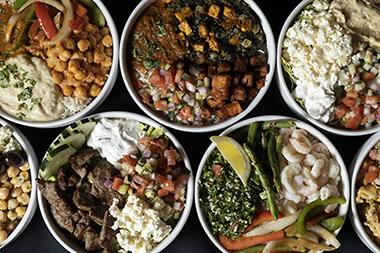Microbial control programs play a key role in controlling spoilage, toxigenic, and pathogenic microorganisms in a variety of raw and finished food products. Food Drug and Administration (FDA), United States Department of Agriculture (USDA), and Food Safety Modernization Act (FSMA) regulations, audit programs, and customer requirements are driving the need for food processors to develop sound microbial control programs that address microbial issues in their products. This course aids food processors in gaining knowledge of the latest microbiological food safety issues that affect their products, as well as developing and implementing effective control programs assuring food safety. Besides implementing an efficient food safety program, this training will enable food processors to explore new markets, particularly a more lucrative and profitable food market beyond the county and state limits. Participants will acquire basic food safety microbiology knowledge and will be able to address common micro issues using an environmental monitoring program and preventive control strategies.
Target audience: small and medium-scale food (fruits, vegetables, canners, & meat) processors, quality assurance and quality control personnel, line supervisors, operators, sanitation supervisors, quality managers, farmers doing business in farmers market, canning professionals, and managers.
Instructor: Kantha Channaiah, a leading food safety expert with over 20 years of experience in teaching, training, and research, will be the main instructor for this course.
A certificate will be presented to participants at the end of the course.
Duration: 1.5 days
Timings: Day 1: 8:00 am to 5:00 pm, Day 2: 8:00 am to 12:30 pm.
Registration cost: Free
Partners:
Dept. Food Science, MAFFIC and MU Extension.

Related programs
- Family Nutrition Education Programs (FNEP)
- Food Preservation
- Food Safety
- Cooking Matters
- Swine Extension
- Food Systems
- Beef Extension
- Corn and Sorghum
- Flood Resources
- Dairy Extension
- Agricultural Business and Policy Extension
- Cotton Extension
- Community Health Engagement and Outreach
- Connecting Entrepreneurial Communities
- Commercial Horticulture